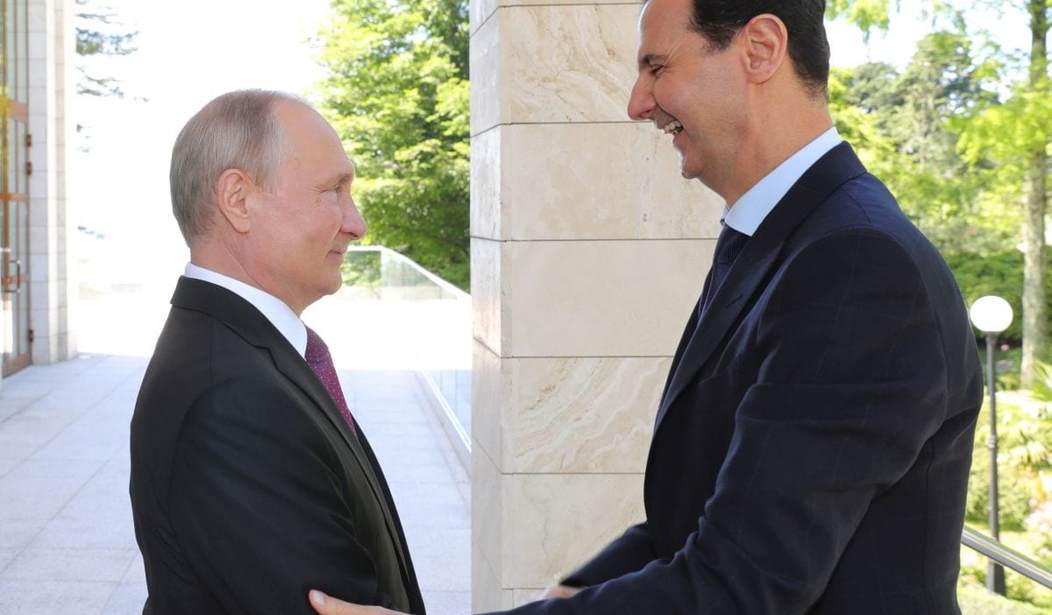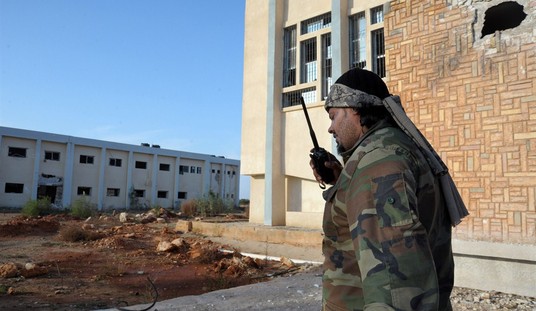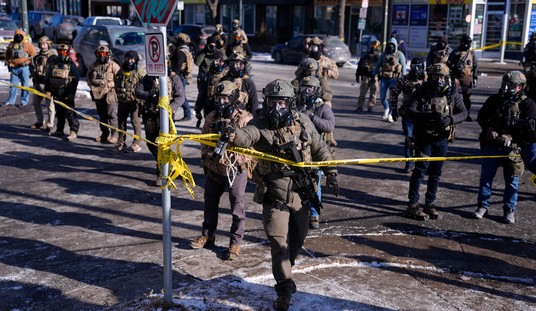The Washington Post reports that the Syrian government is issuing hundreds of death notices, informing families of political prisoners of the fate of their loved ones.
According to human rights monitors in Syria, the rate of increase in issuing the death notices is unprecedented.
Human rights experts and other observers believe the disclosures reflect the growing confidence of President Bashar al-Assad’s government as his forces overrun final pockets of rebel-held territory. Authorities no longer fear they will provoke fiercer resistance by revealing the multitude of deaths in regime custody, experts say.
They also suggest that Assad now feels secure enough that he is starting to close the book on the seven-year war, with the death notices signaling to Syrians that it is time to move on while underscoring in grim fashion that he is firmly in control.
The message is that “the war never happened, the regime is back in charge, and everything will be processed through the system,” said Faysal Itani, a resident senior fellow with the Atlantic Council’s Rafik Hariri Center for the Middle East. “I think the word that encapsulates this best is normalization — the Syrian version of it, at any rate.”
The Syrian military, backed by Russia and Iran, has made dramatic gains in recent months, clearing some of the most stubborn pockets of opposition resistance and raising the national flag earlier this month above the southern town known as the uprising’s birthplace. Aside from a couple of isolated rebel positions, only a single province remains in the hands of the resistance.
There are other signs that the war is drawing to a close.
- The Russian government is urging the millions of Syrian refugees to return home. What kind of “home” they will come back to won’t be much to speak of. And some refugees aren’t convinced they’ll be safe even if they return.
- The Kurds appear ready to open talks with the Assad government, looking to cement their autonomy over a large part of Syria.
- The families of Russian soldiers killed in action in Syria met with President Assad.
- Assad feels confident enough that posters of his likeness can now be found everywhere in major cities.
The Russians have been calling for a massive effort from the west to rebuild Syria. They have reached out to Donald Trump and apparently have met with little success. The Europeans aren’t likely to be any more cooperative.
Bashar Assad has won…what? Hundreds of thousands are dead, the economy is on its knees, the infrastructure has been destroyed, and millions of Syria’s most productive citizens are not likely to return.
But he gets to stay in power — as long as he doesn’t offend Vladimir Putin and the Russians.
The Syrian civil war was a tragedy — a tragedy that very well could have been avoided.
Before the rise of ISIS, before the intervention of Russia and Iran, before the rise of Islamic terrorist militias, before the Gulf states began to arm and train jihadists, and at a time when the Syrian army was in near revolt for being forced to gun down protesting civilians in the streets, the U.S. could have decisively intervened by supplying arms to the Free Syrian Army.
The problem was President Obama’s lack of foresight in seeing that the overthrow of Assad could have been accomplished at very little cost to the U.S. — and, as it turns out, to the Syrian people.
Throughout 2011 and well into 2012, President Obama’s White House barred Hillary Clinton’s State Department from even talking directly to the moderate Syrian rebels. This was only one of several ways the Obama team kept the Clinton team from doing more in Syria, back before the revolution was hijacked by ISIS and spread into Iraq.The policy feud has flared up again in recent weeks, with Clinton decrying Obama’s Syria policy, Obama’s inner circle hitting back, and the president himself calling criticism of his Syria moves “horseshit.” Obama and his former secretary of state promised to patch things up at a social gathering on Wednesday. But the rift is deep, and years in the making.Clinton and her senior staff warned the White House multiple times before she left office that the Syrian civil war was getting worse, that working with the civilian opposition was not enough, and that the extremists were gaining ground. The United States needed to engage directly with the Free Syrian Army, they argued; the loose conglomeration of armed rebel groups was more moderate than the Islamic forces—and begging for help from the United States. According to several administration officials who were there, her State Department also warned the White House that Iraq could fall victim to the growing instability in Syria. It was all part of a State Department plea to the president to pursue a different policy.
Back then, the FSA was made up of former officers and enlisted men who left the Syrian army in disgust when Assad ordered protesters shot down in the streets. But Obama refused to listen:
For Clinton personally, the engagement of the armed groups was crucial and the White House’s forced policy of pretending that the best way to support the revolution was through the civilian opposition based in Turkey was foolish.“Clinton understood that the guys with the guns mattered, not the people in Istanbul, that it would have regional implications, and that it could become one large operating area for al Qaeda,” said Ford. “In 2012 and the start of 2013 the most we could do was to provide help to the civilian opposition. We had no permission from the White House to help the FSA, so we did not do so.
Yes, hindsight is 20/20 — but this is a case where a small gamble might have saved a country from self destruction. And what price would we have paid in 2012 to keep Russia from gaining the influence they have in the region and keep Iran from threatening Israel and the Gulf states?
As for Assad, he has proven himself a survivor but little else. He is a Putin puppet and will pay dearly for Iran’s support. I don’t like his chances of dying in bed.










Join the conversation as a VIP Member